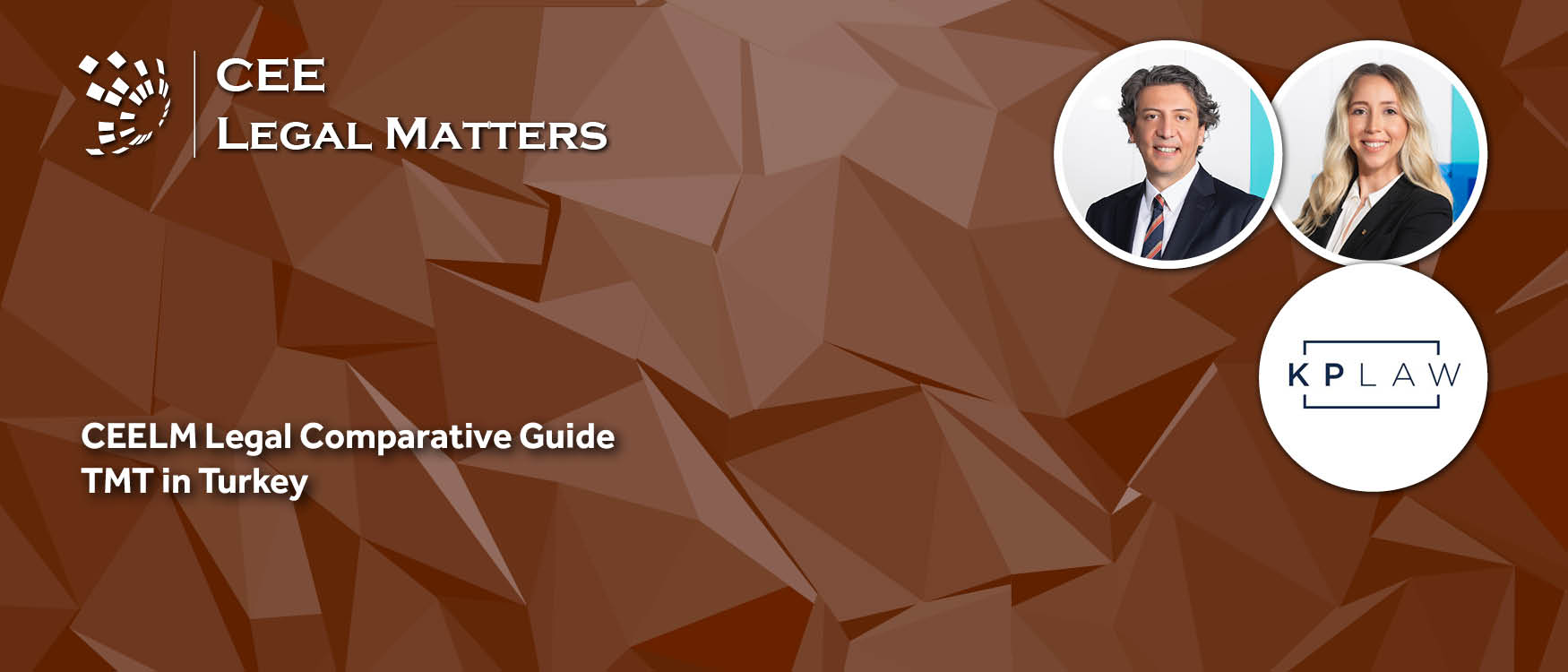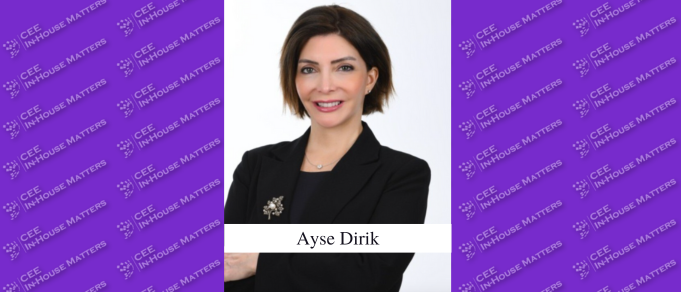On November 21, 2023, corporate/M&A and private equity experts from Bulgaria, Greece, Hungary, Kosovo, Moldova, Romania, Serbia, Slovakia, Turkiye, and Ukraine sat down for a virtual round table moderated by CEE Legal Matters Managing Editor Radu Cotarcea to discuss the key developments in the field over the past decade.
CEELM10 Interview: A Decade of M&A in Turkiye
KP Law Managing Partner Onur Kucuk talks about the evolution of the sector and their role as legal advisors in Turkiye over the last 10 years.
Electronic Signatures, Contracts, and Archiving in Turkey
Contributed by KP Law.


















